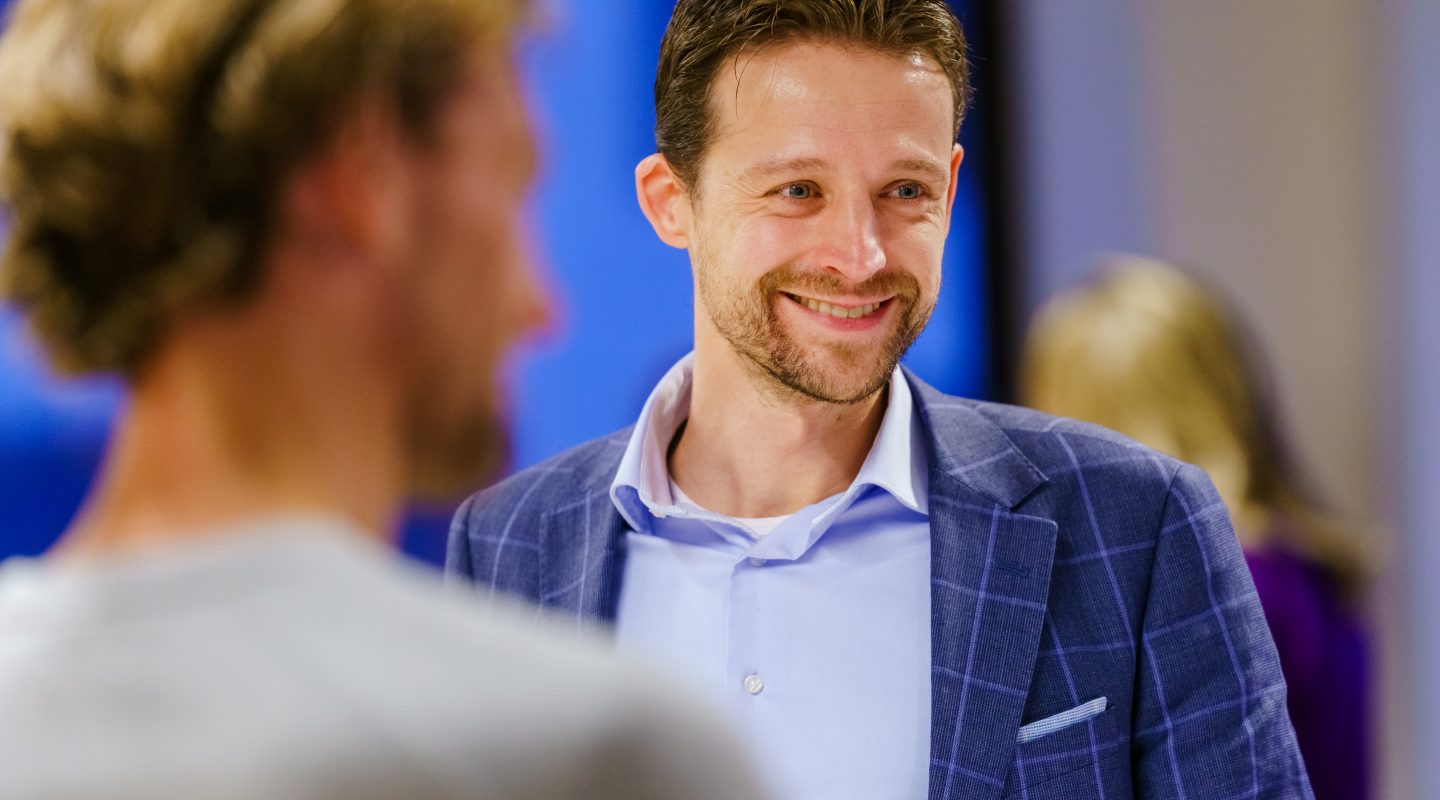Best practices to develop an entrepreneurial culture
During these days of global unrest, the coronavirus shows to be a serious challenge to our way of life. Although most people are still working from home, this doesn’t mean that innovation at your company needs to be stifled. On the contrary, adopting an innovative and entrepreneurial culture matters now more than ever. Dr. Ferdinand Jaspers demonstrates the importance of developing a culture for innovation excellence.
Innovation excellence requires a systemic view of innovation. Skills, tools, metrics, processes, platforms, incentives, roles, and values all have to come together in one supercharged, all-wheel-drive, race-winning innovation machine (Hamel, 2015). After discussing why and how you innovate in previous webinars, we discussed in a recent webinar the culture that is needed to develop a systemic view on innovation.
Innovation theater versus innovation excellence
Performing innovation activities such as hackathons, bootcamps and incubators doesn’t mean that your organisation is really serious about innovation. In times of crisis, as we have seen over the last couple of weeks now, this innovation theater will show. Innovation events and projects are stopped and budgets are cut.
Developing a true culture for innovation goes far beyond appointing dedicated innovation employees. So, what does a culture for innovation excellence look like? On the one hand, innovation cultures foster strong social support for innovation. Research shows that behaviors and attitudes such as a tolerance for failure and a willingness to experiment are encouraged, and teams are characterized by high levels of autonomy and inter-personal safety to share and discuss ideas and feedback (Pisano, 2018). Nonetheless, these are just the first steps to successfully create an innovation culture. On the other hand, namely, strong innovation cultures, are characterized by disciplined and systematic innovation processes, clear innovation metrics, accountability, and committed leadership (Pisano, 2018).
How to develop a learning climate?
Combining those elements of both social support and performance management has shown to result in valuable learning climates in companies. At its core, innovation is all about learning: discovering new opportunity areas and turning the critical assumptions underlying ideas and business models into facts. This is the well-known innovation process of Build, Measure, Learn. We can imagine that in these times, you don’t actually have the time to create an ideal learning climate. What we often observe in organizations is a strong social support for innovation, but insufficient performance management. In these times of crisis, in order to innovate faster and more effectively it’s important therefore to step up the disciplined and systematic approach of your innovation efforts.
One way for teams to quickly adopt a disciplined approach to innovation is by using a method that we call the Business Model Delta. Based on our work with numerous startups and corporate innovation teams, this is a technique developed at Erasmus Centre for Entrepreneurship that fosters quick and targeted learning. While we can’t predict the future, we can at least specify what kind of profit and impact we expect to get out of each idea at a minimum, i.e. ‘the Delta’. What we show, based on this point of departure, is that it’s possible to quickly arrive at very specific assumptions about your target market, conversion rates of your channels, and the maximum allowable cost structure, among others. We often find that these assumptions are far from clear for innovation teams and oftentimes even implicit. Clarity about these assumptions tremendously helps to prioritize which assumptions to test and accelerates the targeted search for viable business models with limited waste. More information about this approach can be found in this introduction video.
To summarize, as explained and illustrated in detail in this interactive webinar, innovation cultures are complex and multidimensional. They take time to develop, but this can be accelerated by applying some well-known insights and tools and techniques. At Erasmus Centre for Entrepreneurship we are dedicated to translate the latest academic insights for impactful results. As a university institute, we educate and train people to become the change agents and the innovation professionals in their organizations.
Curious to find out more? Watch the complete webinar recording here.
